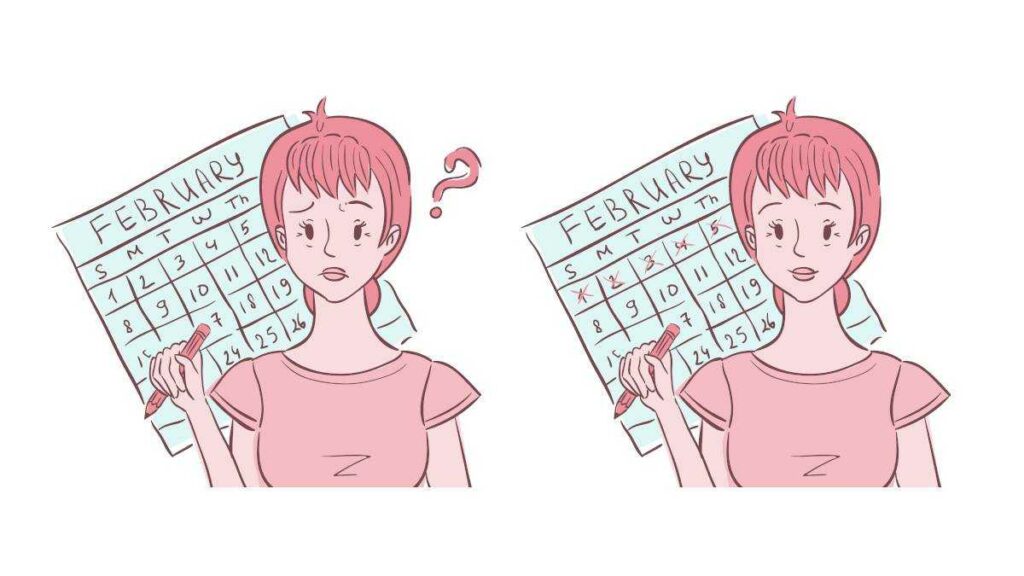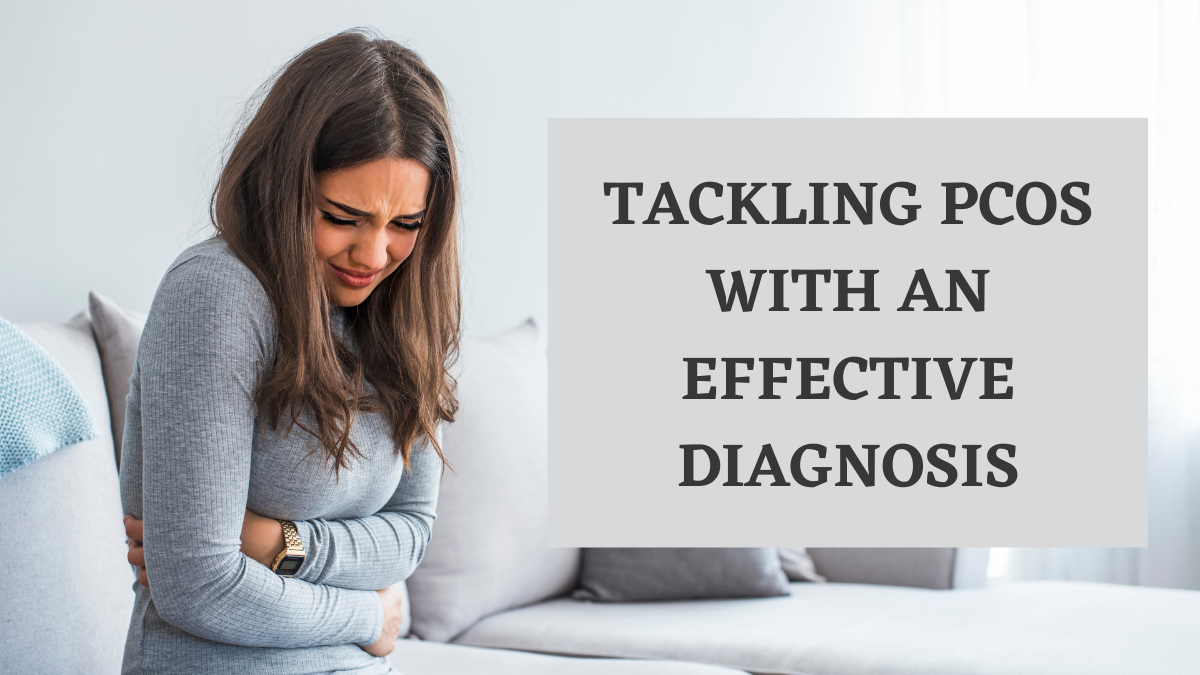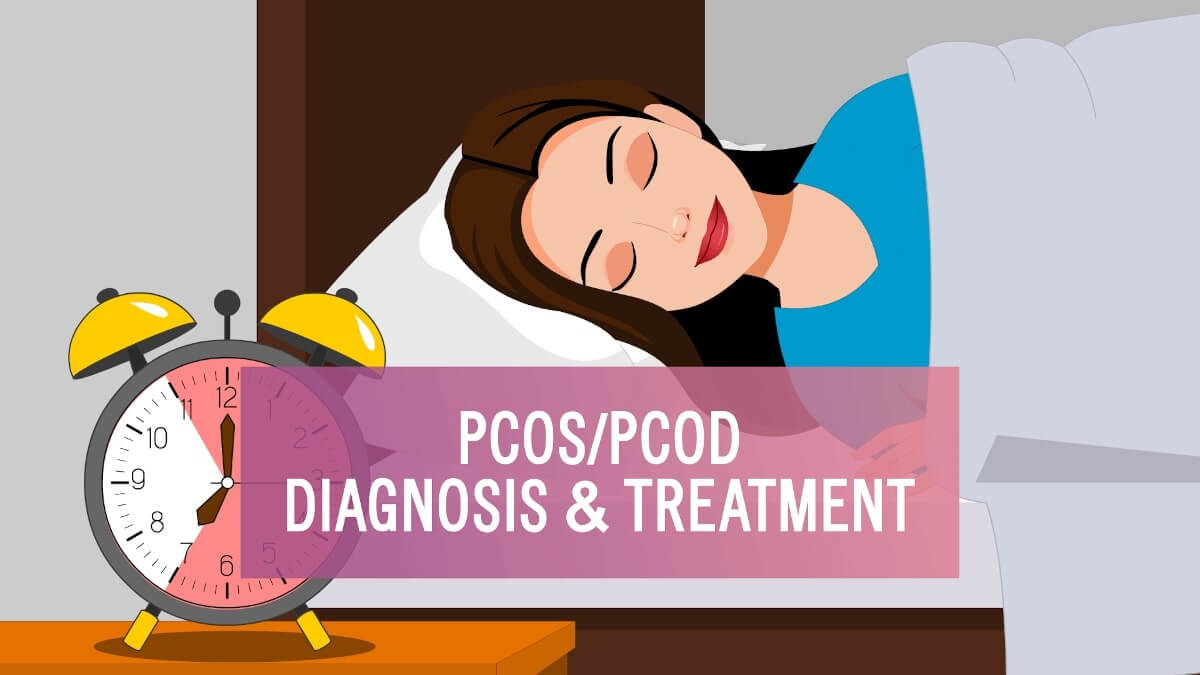During a normal menstrual cycle or period, an egg is released from one of the ovaries during ovulation.
The egg is not fertilized by a sperm, then changing hormone levels signal the body to shed the blood and tissues that line the uterus. This bleeding typically lasts about five days and is repeated in a monthly cycle.

However, some women experience what is called abnormal uterine bleeding which is another term for irregular periods. Menstrual bleeding is considered irregular if:
- It occurs more frequently than every 21 days
- It lasts longer than 8 days
- It is missed for 90 days or three cycles
- Periods are abnormally heavy or painful
- There is spotting between periods
- Periods are regularly late, more than 35 days of last period
Causes of Irregular Periods:
- Once a pre-teen or teenager reaches puberty, the period cycle may be irregular for the first couple of years and may not always be on the same schedule every month due to changing hormones.
- Another age-related cause of irregular periods is the start of the menopause (usually between the ages of 45 and 55) wherein missed periods and lighter or heavier periods are common
- Some types of hormonal contraception like the contraceptive pill or intrauterine system (IUS) can sometimes make the periods lighter or less frequent
- Extreme exercise, dieting, extreme weight gain or loss can also throw off the timing of menstrual bleeding and sometimes even stop it.
- Medical conditions like Polycystic Ovary Syndrome (PCOS) can interfere with regular ovulation and lead to irregular periods.
- Chronic stress can also affect the hormone balance leading to a missed period and irregular cycle.
- Thyroid disorders can cause irregular periods if blood levels of the thyroid hormone go too low or too high.
- Eating disorders like anorexia and bulimia may also lead to irregular periods.
Diagnosis and Treatment
A missed or irregular period could be the first sign of a condition that needs medical attention. A gynecologist is the best specialist to determine the cause of your irregular periods and help in advising on a treatment course. The doctors may evaluate the below:
- Establish whether the person has PCOS or PCOD
- Screen for thyroid disorders
- For women wanting to conceive, tests can be run to see if ovulation is happening regularly
Depending on the conditions and medical tests, oral contraceptives may be prescribed to regulate the menstrual cycle.
Incase stress is causing irregular periods, then stress management techniques like meditation, yoga should be practiced.
Over-exercising and extreme diets should also be avoided as these can interfere with the menstrual cycle.
Conclusion
While a couple of irregular periods every year is usually nothing to worry about, if it is a persistent problem then a specialist doctor should be consulted to make sure there are no problems with ovulation or any other health conditions. In most cases, with proper diagnosis and treatment, it is possible to get the menstrual cycle back on track.
Special thanks to Dr. Sulbha Arora (MD DNB ) for the expert advice.








